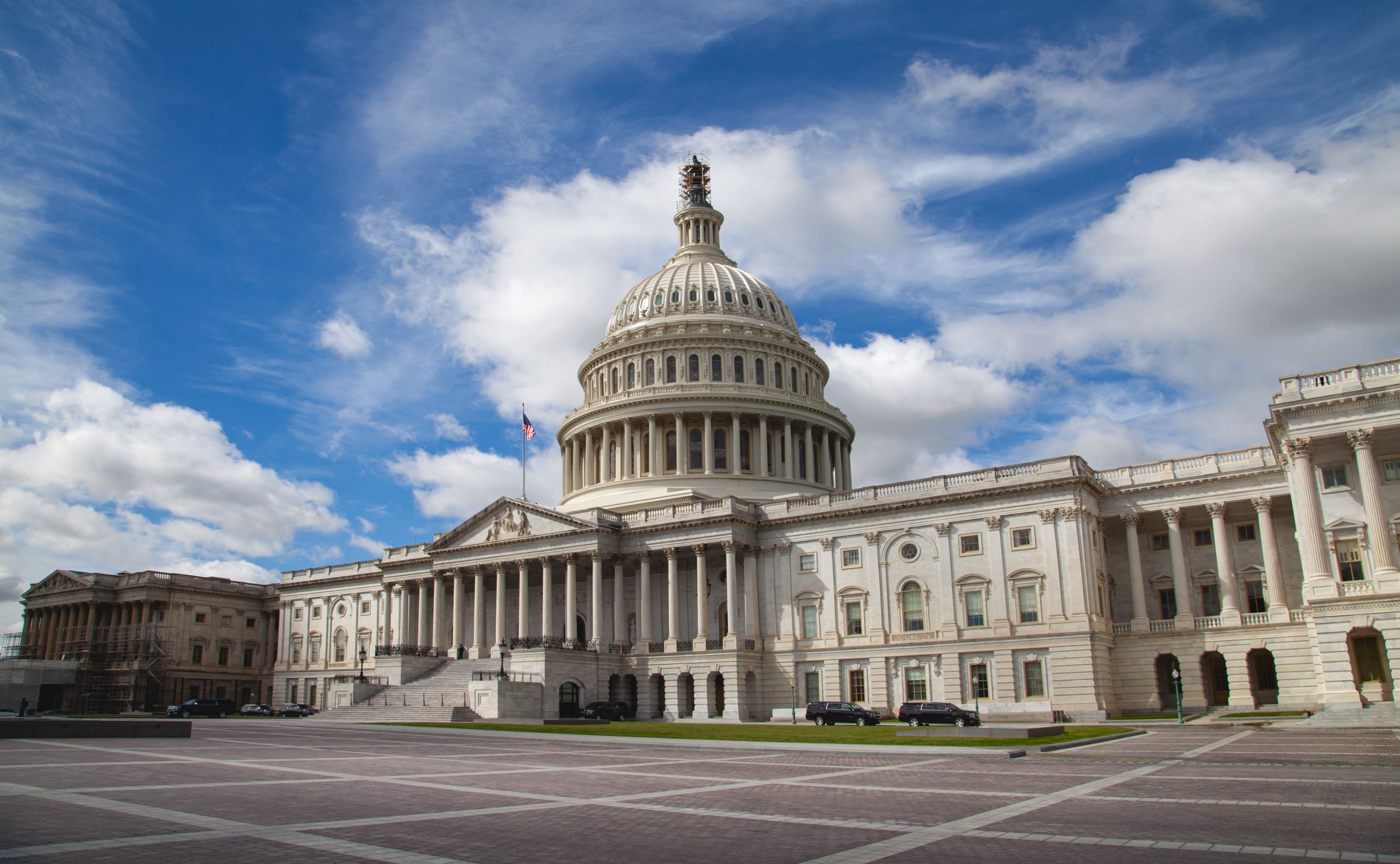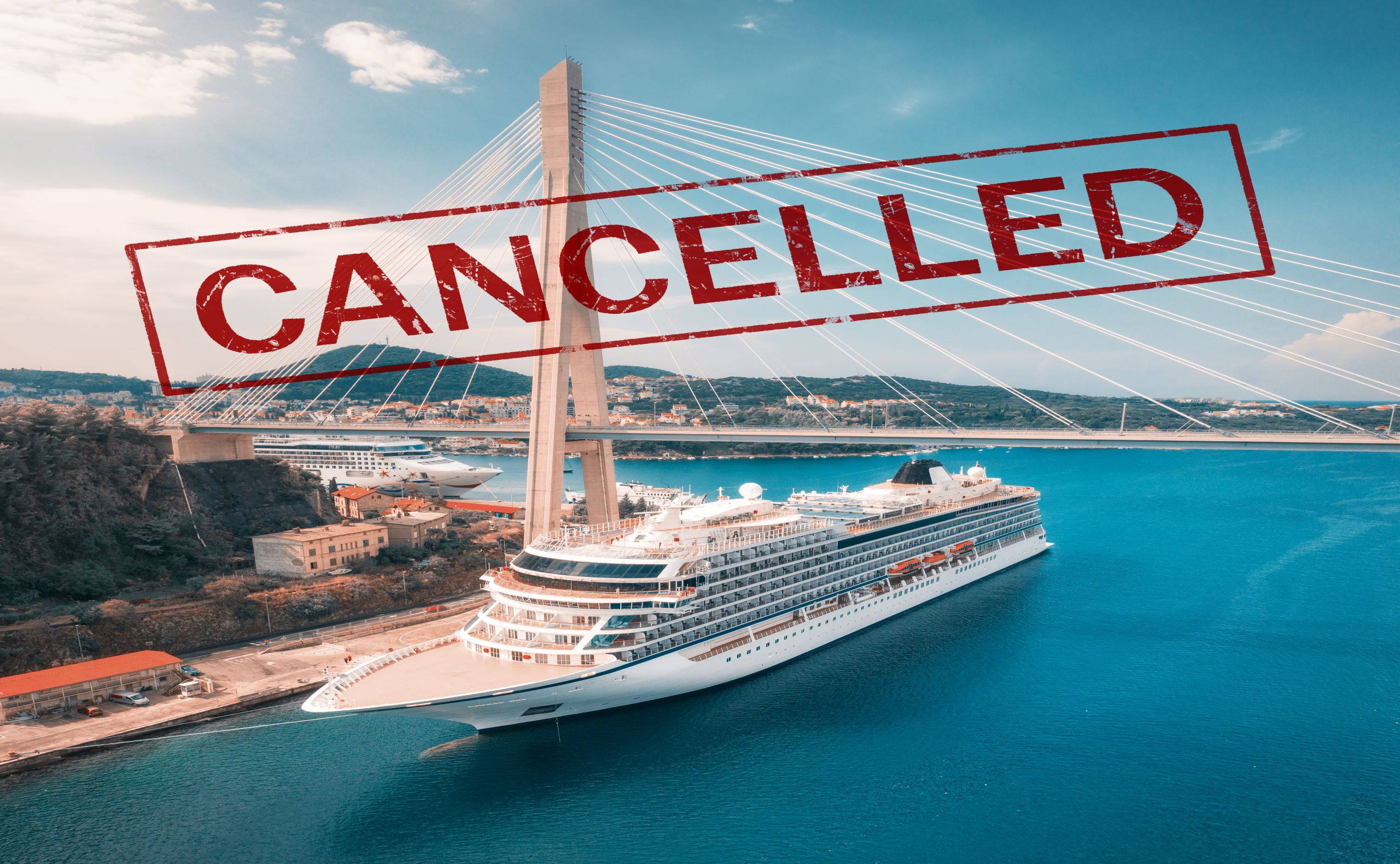CDC Order Expires: Cruise Lines Opt-in to Voluntary Protocols

The Center for Disease Control’s (CDC) extended conditional sailing order (CSO) expired on January 15. Cruise operators now have the option of following their own safety protocols.
In November 2021, the CDC extended the CSO. Originally the “No-Sail Order,” it prohibited cruise vessels from operating at the outbreak of Covid. It modified measures over time, allowing ships back on the water last summer.

Should the CDC order be extended further?
U.S. Senator Richard Blumenthal and Congresswoman Doris Matsui argue that the CDC should extend it further. “Prematurely transitioning to a voluntary program could allow companies to skirt necessary public health measures,” they wrote to the Cruise Lines International Association.
Ships arriving, located within, or departing from Florida are not required to abide by the CSO. In June, a federal judge’s ruling made the CDC order non-binding in Florida after the state sued for federal overreach.

What color is your code?
Cruise lines now have the option of reporting Covid cases and adhering to CSO recommendations. Previously, requirements called for screening passengers at embarkation and disembarkation.
The CDC has instituted a color-coding system for foreign cruise ships operating or intending to operate in U.S. waters. Status depends upon daily submission of the Enhanced Data Collection (EDC). U.S. cruise ships may participate voluntarily.
Operators that do not opt-in to the voluntary program have a ‘gray’ color designation on the CDC website. Currently, none show gray or red (above the threshold of Covid cases). Most show yellow (cases meet the threshold), orange (below the threshold), or green (no reported cases).

Voluntary cancellations
Celebrity, Norwegian, and Royal Caribbean cruise lines are voluntarily canceling voyages this month because of Covid-related circumstances. They each expect to reschedule canceled cruises in March or April.
One onboard representative for a major cruise line reports various issues that cause delays.
“It can be extremely stressful trying to get to the embarkation port,” he says. “Not to mention that consulates are not even processing visas for certain nationalities restricted from traveling to certain countries. This is a huge blow to guests.”
He adds that proving a negative Covid test and vaccination slows the process, both at the airport and embarkation.

Touchless technologies to the rescue
Princess Cruises announced Monday that it is continuing its current cruise schedule. It voluntarily complies with the CDC order requiring masks, distancing, screenings, and vaccinations.
The touchless MedallionClass® experiences on its ships offer hands-free access to services including boarding, stateroom access, and payments for drinks and meals.

Guests still want to enjoy the experience
According to Cruise News Today, the industry shut down from 2020 and 2021 impacted 436,000 North American jobs and caused an economic loss of $39 billion in the first year.
Airport delays also contribute to embarkation delays. If you’re going to go on a cruise, plan accordingly. Have your proof of vaccination and screening available. Make sure your destination has no unexpected restrictions.
Most cruise lines are in the midst of the annual Wave season, offering lower fares and rewards. Check their compliance policies before you go and enjoy the experience.
“It’s going to be a great year for us,” the cruise line representative adds. “I see passengers with smiles on their faces. To make it work, you always have to adapt. Everything we learn makes the experience even better.”



